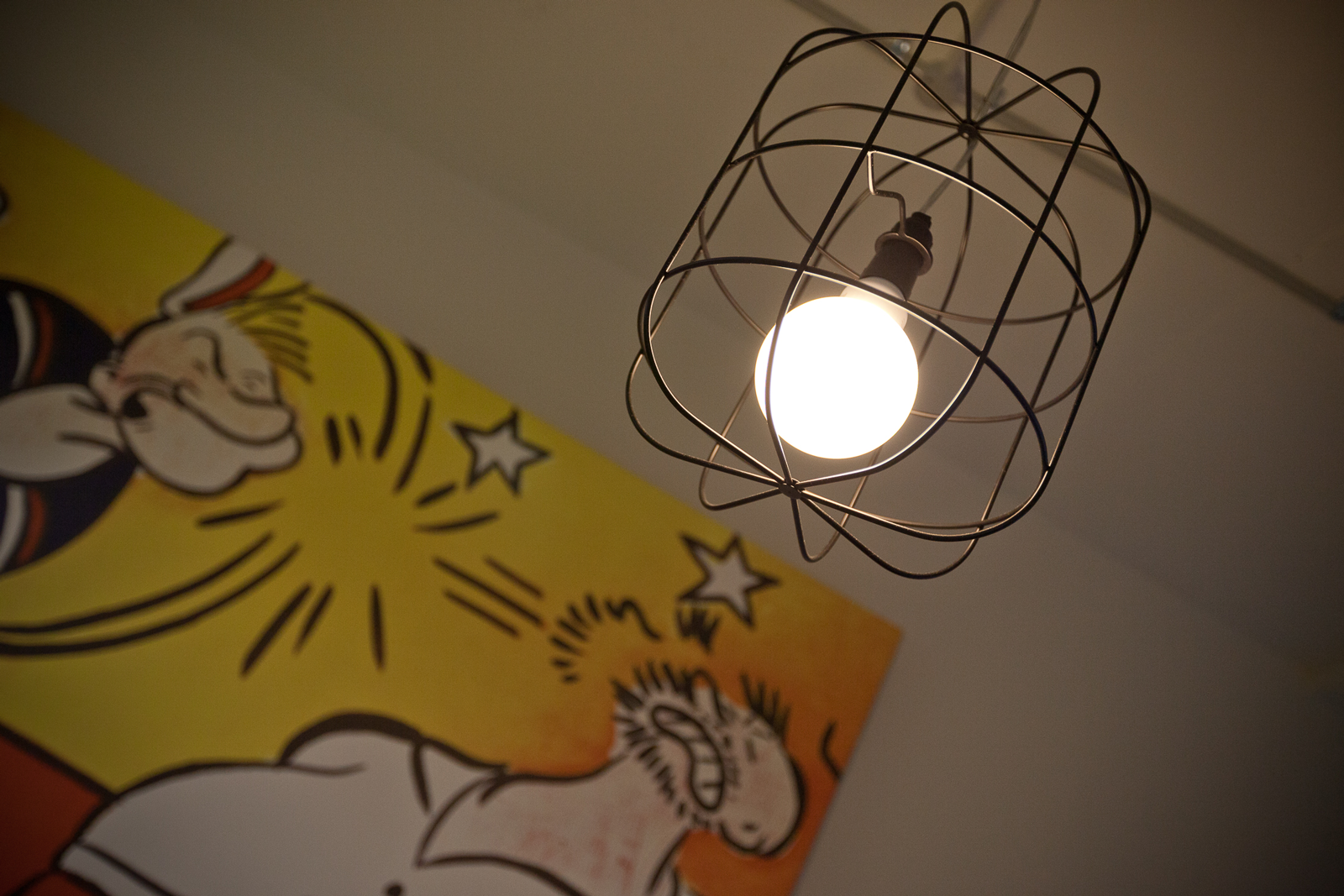Written by Dan Martell
http://blog.clarity.fm/how-your-work-environment-affects-your-creativity/
“Smart business leaders know that work environment has a huge impact on employee performance too. In response, they often carefully design and cultivate an environment that supports employee performance and reinforces the corporate culture.”
In his book Kitchen Confidential, Anthony Bourdain, best-selling author and TV personality, told the story of a chef who regularly confronted line cooks when their stations got too messy.
(Not surprisingly, these cooks were often hiding behind the other members of the kitchen staff.)
The chef would press his hand down on the littered work surface and bring it up to the face of the offending line cook.
“You see this?” he’d ask, showing the cook his hand covered with bits of debris. “This is what the inside of your head looks like now. Work clean!”
This wise chef knew just how severely a messy work environment could ruin a worker’s performance. As small as those tiny peppercorns or stray carrot peels were, they caused a whole lot of clutter in a cook’s brain.
Reconsidering Workspace
Smart business leaders know that work environment has a huge impact on employee performance too. In response, they often carefully design and cultivate an environment that supports employee performance and reinforces the corporate culture.
You are a product of your environment –
W. Clement Stone
For example, HubSpot values an open culture where there is a free exchange of ideas and information. To facilitate this, they push a lot of boundaries in their office space. Nobody has an office, not even the company’s founders. They rotate desk arrangements on a regular basis and assign seating by pulling names out of a hat.
They also provide free beer to their workers. Just visit the kitchen fridge.
The result? Well, according to HubSpot, their workers have an easier time getting to know each other than if they were stuck in departmental silos. Workers also appreciate the trust offered to them by company management, and respond by doing their jobs well.
Whether you are an employee or an employer, be mindful of how a work environment supports employee creativity and productivity. An office that provides a good balance of stimulation and space personalization, for example, can increase productivity and morale considerably.
Here are some ideas for developing a workspace that promotes productivity, encourages creativity and supports employee morale.
Things to think about as an employer…
- Attitude and mood trickles down from ownership and management. If you and your senior staff aren’t comfortable with your office environment, your employees won’t be comfortable either. Don’t let an architect or interior designer talk you into a “trendy” option that sets your teeth on edge.
- Be open to feedback from workers. You may love your open seating plan and thrive on flexible hours, but your staff may not feel the same way. While there is nothing wrong with expecting employees to conform to your office culture, if you start losing good workers, it may be time to rethink the work environment that you offer.
Things to think about as an employee…
- If you’re looking for a new job, pay attention to the office layout when you go in for interviews. In situations where you have more than one job offer, take office environments and cultures into consideration.
- The unfamiliar can be a growth opportunity. If you are used to high-walled cubicles and long-term seating arrangements, regular seating reassignments in a cubicle-free office can be frustrating and intimidating at first. Instead of getting grumpy or looking elsewhere for work, give the unfamiliar arrangement a fair try.
Special Situations
Not all work environments work for all people. Some employees may find that open plan offices or less-structured workspaces make them uncomfortable. While this discomfort may simply be a personality quirk, it may also be connected to a disability, which may require an employer to make special accommodations for the worker.
Employers should work closely with their human resources department to develop a policy that can meet the needs of quality employees whose needs are not served by the company’s current workspace.







